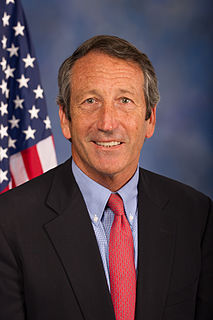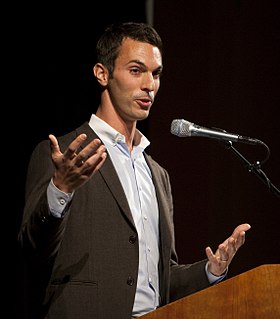A Quote by Steve Kornacki
From the end of Reconstruction through the civil rights revolution, the South was an almost uniformly Democratic region. In 1936, for example, Franklin Roosevelt won more than 98 percent of the vote in South Carolina.
Related Quotes
Well, you have to remember that until 1948, when Hubert Humphrey and others forced the Democratic Party to adopt a new policy on civil rights, the Democratic Party was the party of the old solid South. All of the racists, all of the Cottonhead Smith types and so on were Democrats, allies of Franklin Roosevelt - because of their seniority - of all the major committees of the Congress.
I have dear friends in South Carolina, folks who made my life there wonderful and meaningful. Two of my children were born there. South Carolina's governor awarded me the highest award for the arts in the state. I was inducted into the South Carolina Academy of Authors. I have lived and worked among the folks in Sumter, South Carolina, for so many years. South Carolina has been home, and to be honest, it was easier for me to define myself as a South Carolinian than even as an American.
Forests are breaking out all over America. New England has more forests since the Civil War. In 1880, New York State was only 25 percent forested. Today it is more than 66 percent. In 1850, Vermont was only 35 percent forested. Now it's 76 percent forested and rising. In the south, more land is covered by forest than at any time in the last century. In 1936 a study found that 80 percent of piedmont Georgia was without trees. Today nearly 70 percent of the state is forested. In the last decade alone, America has added more than 10 million acres of forestland.
You've got the whole civil rights movements emanating from the south, you've got the music that came out of the south that is the core of our current music, so for me that thinking comes out of having Dukes of Hazzard thrown in your face: that the south is a bunch of twangy people that I can't understand. So this is, hopefully, part of the movement to restore the south to its proper and rightful place in our nation... which is huge and pervasive. It's not about Texas - I'm not saying Texas doesn't have it's own unique history - but the south has this at its core.




























